The internet has become an integral part of our daily lives, connecting billions of devices worldwide. This vast network relies on a system of unique identifiers called IP addresses to facilitate communication between devices. The traditional addressing system, IPv4, is running out of addresses due to the exponential growth of internet-connected devices. To address this issue, IPv6 was developed, promising a virtually limitless supply of addresses and enhanced features. This article provides a concise introduction to IPv6, its benefits, and why it is crucial for the future of the internet.
What is IPv6?
IPv6 (Internet Protocol version 6) is the most recent version of the Internet Protocol, which is the set of rules governing the format of data sent via the Internet or local network. Developed by the Internet Engineering Task Force (IETF) to replace IPv4, IPv6 was designed to overcome the limitations of its predecessor and to ensure the continued growth of the internet.
Key Features of IPv6
Expanded Address Space: IPv6 uses 128-bit addresses, significantly expanding the number of possible addresses compared to the 32-bit addresses used by IPv4. This means that IPv6 can support approximately 340 undecillion (3.4×10^38) unique IP addresses, compared to the 4.3 billion addresses provided by IPv4.
Simplified Header Format: IPv6 has a simplified packet header compared to IPv4, which improves the efficiency of packet processing. This leads to faster data transmission and reduced latency.
Enhanced Security: IPv6 was designed with security in mind. It includes IPsec (Internet Protocol Security) as a fundamental component, providing better encryption and authentication mechanisms to protect data.
Auto-configuration: IPv6 supports both stateful and stateless address auto-configuration. This feature allows devices to configure themselves automatically when connected to an IPv6 network, simplifying network management and reducing administrative overhead.
Improved Multicast and Anycast Capabilities: IPv6 introduces improvements in multicast (sending a single packet to multiple destinations) and anycast (sending a packet to any one of a group of nodes) capabilities, enhancing the efficiency of network communications.
Benefits of IPv6
Scalability: The vast address space of IPv6 ensures that the internet can continue to grow and accommodate an ever-increasing number of devices, from smartphones and computers to IoT (Internet of Things) devices.
Better Performance: The simplified header format and improved routing efficiency contribute to better overall network performance. This is particularly important for real-time applications like video streaming and online gaming.
Enhanced Security: Built-in support for IPsec ensures more secure communication by enabling end-to-end encryption and authentication, making IPv6 networks inherently more secure than their IPv4 counterparts.
Simplified Network Configuration: Features like auto-configuration reduce the complexity of network management, making it easier to deploy and maintain large networks.
Challenges and Adoption of IPv6
Despite its advantages, the adoption of IPv6 has been slow. Many networks and devices still rely on IPv4, and transitioning to IPv6 requires significant investment in infrastructure and training. Compatibility issues can also arise, as some older devices and applications may not support IPv6. However, the gradual depletion of IPv4 addresses is driving the need for IPv6 adoption.
Conclusion
IPv6 is a critical evolution of internet technology, designed to address the limitations of IPv4 and support the continued growth of the internet. With its expanded address space, improved security features, and enhanced performance, IPv6 is poised to become the backbone of the future internet. While the transition from IPv4 to IPv6 presents challenges, the long-term benefits make it a necessary step towards a more scalable, efficient, and secure internet.
As the internet continues to expand and evolve, IPv6 will play a pivotal role in shaping its future, ensuring that it remains a robust and resilient platform for global communication and innovation.



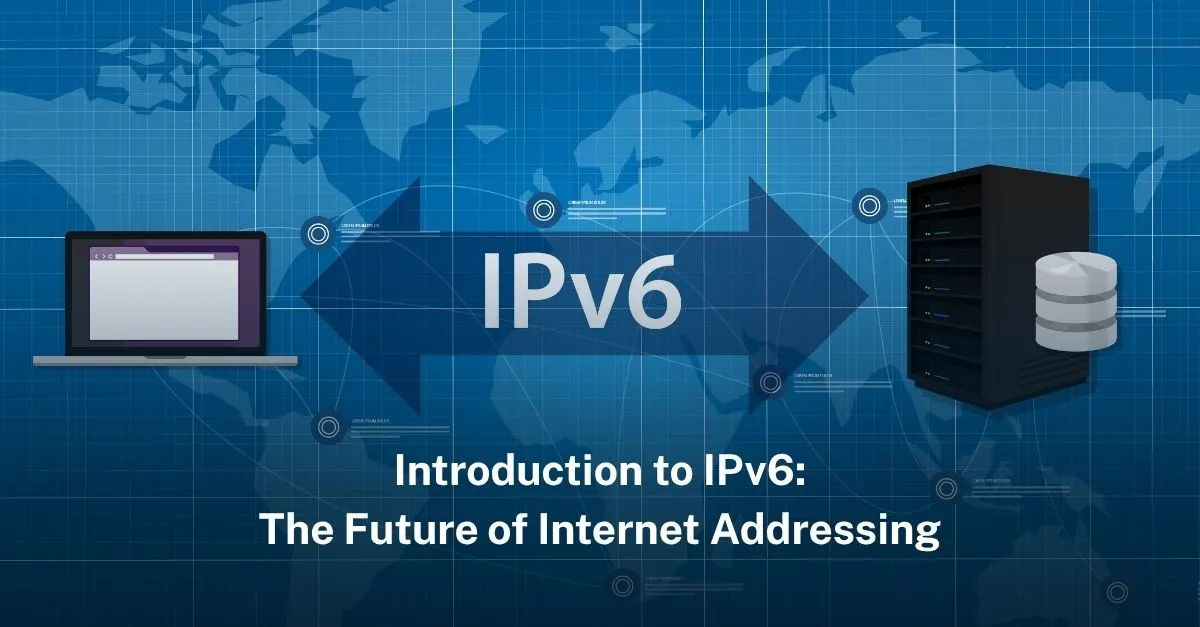
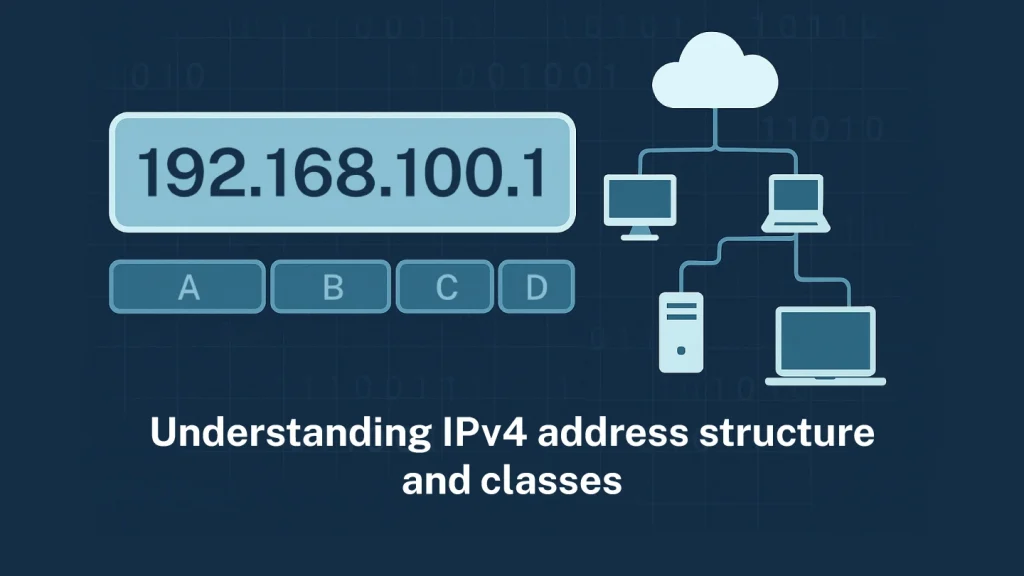
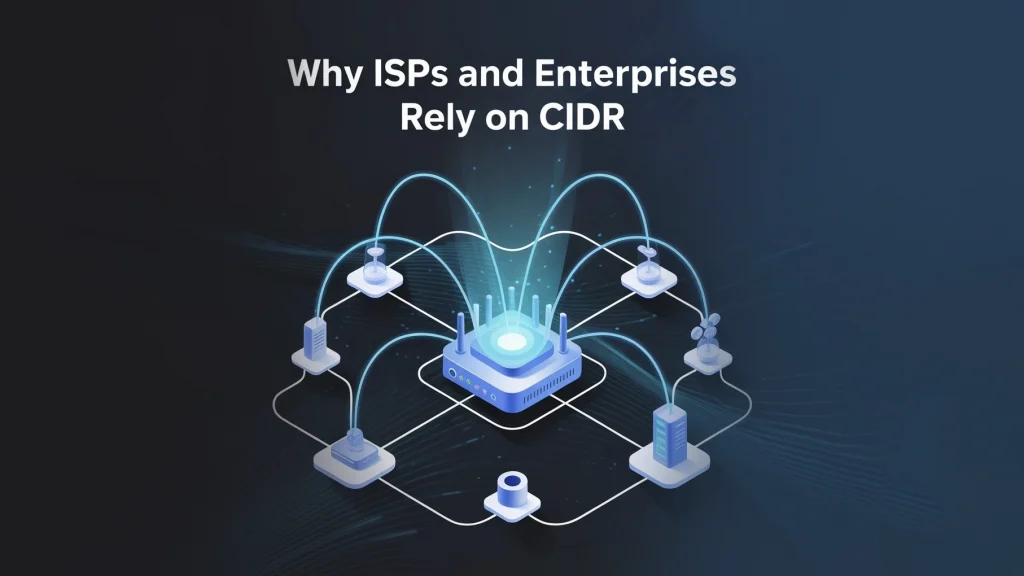
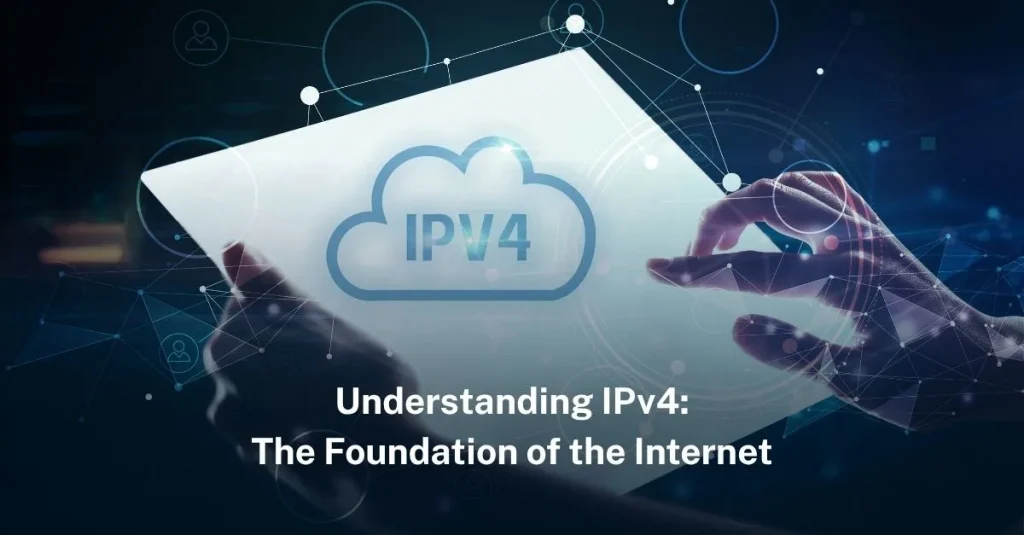

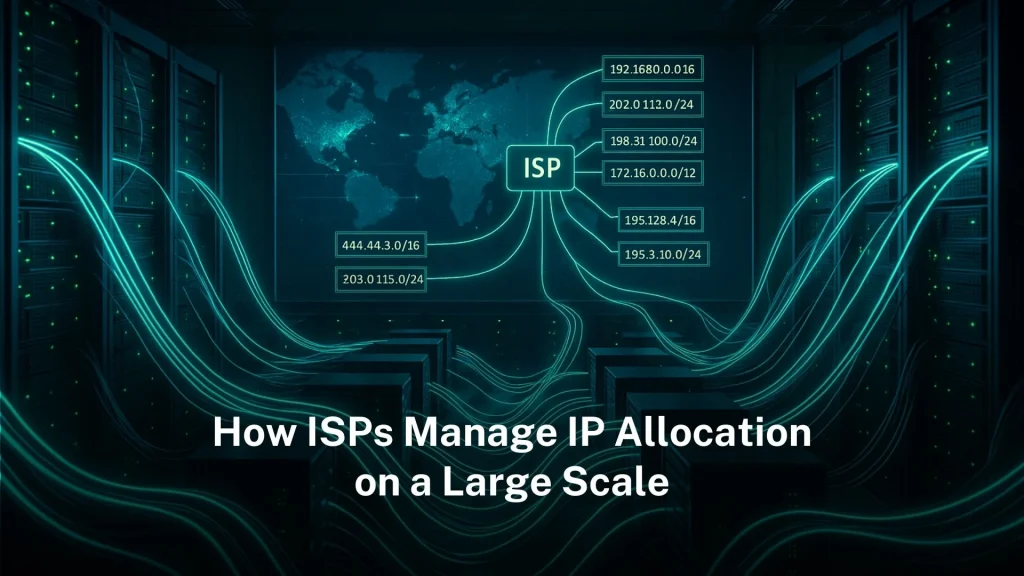

Leave a Reply